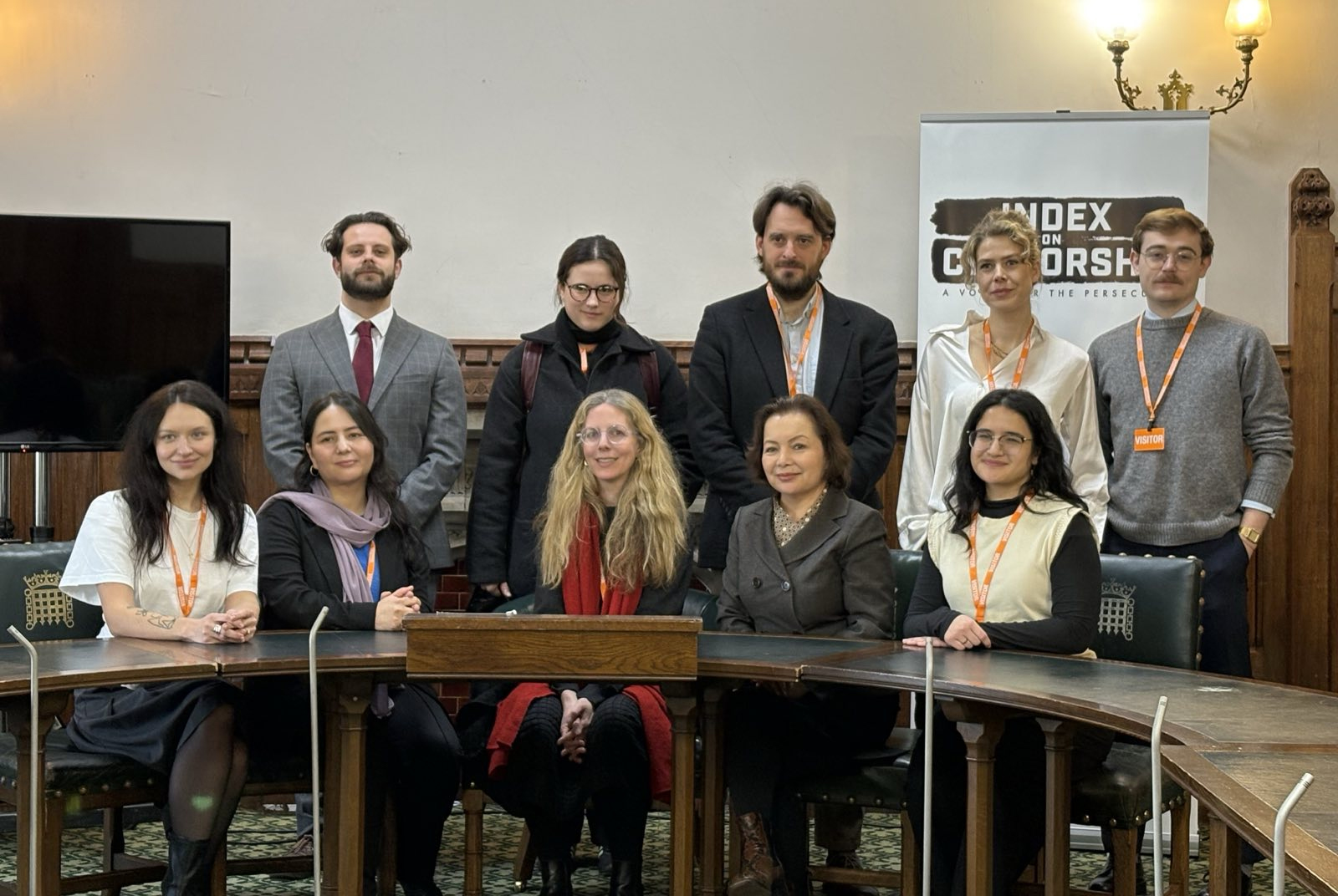
(Illustration: Shutterstock)
Should we be worried about anti-Semitism in the United Kingdom? Wrong question. We should always be worried about anti-Semitism. There is no point at which we can relax about anti-Semitism in the UK. Should we be more worried about anti-Semitism in the UK?
Probably.
Britain’s All Party Parliamentary Group on Antisemitism has just released a report that unequivocally tells us we should be. The list of incidents in the UK that could reasonably be described as anti-Semitic is discouraging reading. Some are tied to the Israel/Hamas conflict, some are not. Some come under the cover of “legitimate criticism of Israel”, some do not bother to wear that cloak.
What does it mean to boycott an Israeli theatre production? Or to tell a Jewish film festival it cannot take money from the Israeli government? On a superficial level, it is, of course, nothing more than a simple stand against militarism, in solidarity with oppressed Palestinians. Of course. Jewishness has nothing to do with anything; though, you’d think, with their history, they’d know better. Better than persecuting others; better than standing out and blending in simultaneously, confusingly; better than once again bringing down wrath upon themselves.
And suddenly it’s all about Jewishness. And that’s how we get so quickly from picketing plays to supermarkets hiding kosher products for fear of vandalism.
And then there is the simple, straightforward, hatred: an attack on a north London kosher cafe; a Holocaust Memorial Day poster daubed with the word “liars”. A proposed Nazi march on a Jewish neighbourhood.
Anti-Jewish bigotry is not alone in this complexity: too often, too easily, criticism of political Islamism, or jihadist violence, spills into discrimination against Muslims. In the United States, and in Britain, “counter-jihad” really means “anti-Muslim”. Populist parties suddenly present themselves as deeply concerned about animal welfare in halal slaughterhouses, or even women’s rights, when it gives them a chance to make Muslims feel uncomfortable.
But this is not a competition, a race to find which people are more oppressed. Too often, concerns about anti-Semitism are shrugged off because Jews are perceived as, by and large, “comfortable”. This is to ignore how quickly such “comfort” can be upended, and has been in the past. And as if assumed financial status wasn’t a classic component of anti-Semitism in the first place.
The worry that little has really changed, and things may in fact be getting worse, is borne out in the All Party Parliamentary Group on Antisemitism’s paragraph on social media. To quote the report, which covers August to November 2014:
Tweets that read (sic): “The Jews now are worse than they were in Hitler’s time no wonder he wanted to get rid, right idea!!”, “If anyone still believes jews have a “right” to exist on this planet, you are a f****** moron” and “Somhow bring back Hitler.. Just for once to finish off the job he startd & show the Muslim world how to do it”
• Pictures shared on Twitter of individuals with waxworks of Hitler and accompanying antisemitic messages
• Antisemitic imagery such as that sent to Luciana Berger MP (for which the perpetrator was later prosecuted)
• An antisemitic trope about Jewish control of politicians referenced by a BBC journalist
• The presence of Hitlerian themes and imagery on Facebook comment chains for pro-Palestinian demonstrations, organised by groups such as Palestine Solidarity Campaign, Stop the War Coalition and Campaign for Nuclear Disarmament.
So far, so familiar: at this stage it’s barely even worth pointing out that anti-Semitic comments were found on left-wing Facebook pages. We’ve seen how it works.
Can anything be done to change this? The APPG suggests that the Crown Prosecution Service examines the possibility of “prevention orders” (“internet ASBOs”, as they have been dubbed by the press), which would ban people expressing anti-Semitic views from posting on certain social media sites. The group expresses “limited” sympathy for social media providers in their efforts to control hate speech on their platforms, given the volume of content posted every day, while suggesting a greater role for prosecutors.
But will it really help to simply kick these people off Twitter? Bigotry existed and thrived long before the internet. It would be lazy to imagine that the best way to stop a phenomenon which sometimes manifests itself on the web would be to ban it from the web itself: that way lies complacency.
Three weeks ago, I attended the official Holocaust Memorial Day commemoration at Westminster Central Hall. There, to his credit, David Cameron told Holocaust survivors of the government’s plans to fund a Holocaust Learning Centre and a permanent memorial. Many of the remaining survivors of the Holocaust have spent their old age travelling the country, talking and talking and talking, telling the world. They understand that the only hope we have to stop a repeat of what happened is to keep on talking, to pass on the stories, to ensure no one has an excuse for ignorance about what they went through.
The risk with attempting to ban anti-Semitic language is that the ban becomes bigger than the counterspeech. The ban consumes, while the story fades. And if the story fades, the bigots can rebuild, this time on their terms, high on resentment and low on truth.
This article was posted on 12 February 2015 at indexoncensorship.org




